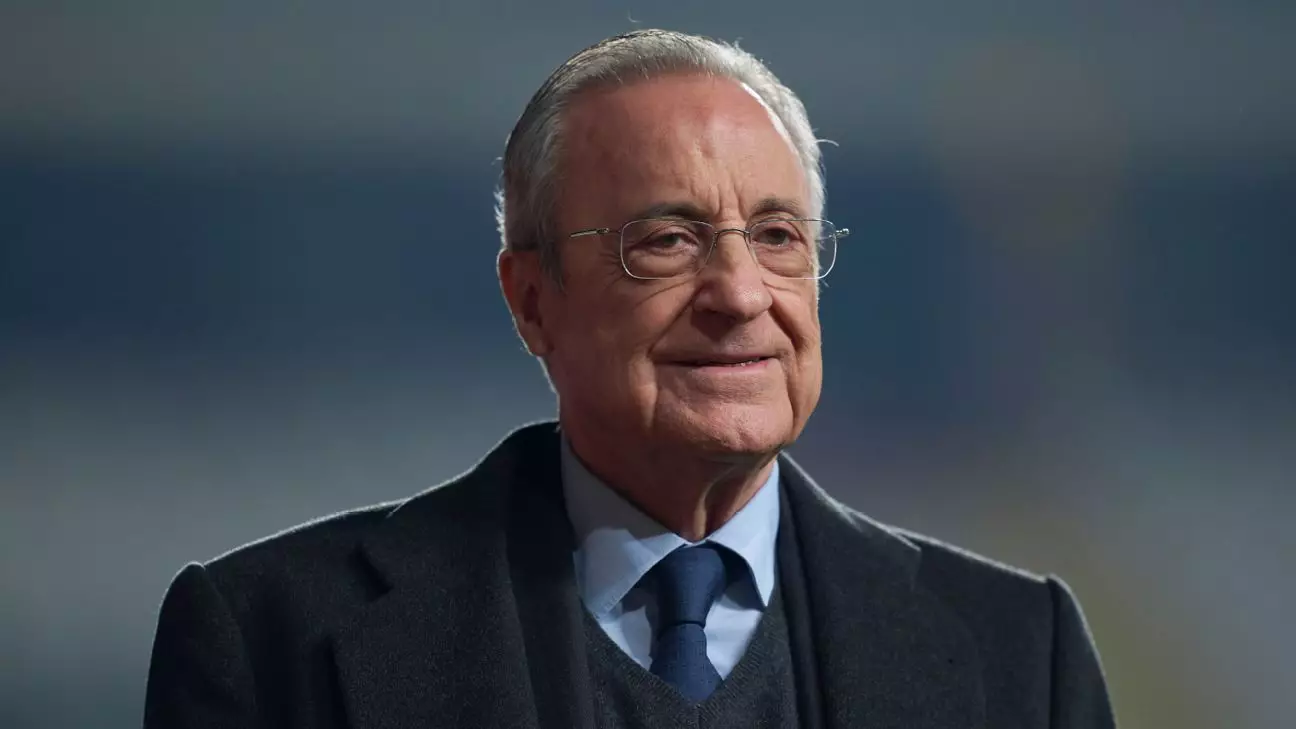Real Madrid, one of the most prestigious football clubs in the world, is on the cusp of significant change as President Florentino Pérez initiates the process for upcoming presidential elections. The elections, conducted every four years, are designed to ensure that the leadership remains aligned with the values and ambitions of the club. Pérez has helmed the club successfully since his return in 2009, succeeding in both fostering unparalleled talent and achieving remarkable success on the pitch. His management style, characterized by astute business acumen and bold sporting decisions, has led the club to numerous triumphs.
Despite his uncontroversial reign—having been elected unopposed since his comeback, every election cycle highlighting his dominance within the club—Pérez’s recent announcement of a board meeting on January 7, 2025, indicates a willingness to prepare for a potential shift in leadership. This move not only underscores the cyclical nature of club governance but also highlights the ever-evolving landscape of football management.
The path to presidency at Real Madrid is not accessible to all. Candidates must adhere to strict eligibility requirements that underline the gravity of this esteemed position. Prospective presidents must have been club members for at least 20 years, ensuring that only those with significant loyalty and understanding of the club’s culture and history can contend for the role. Additionally, one must guarantee 15% of the club’s budget—this requirement demonstrates the financial responsibility and serious commitment expected from the leaders of such a high-profile organization.
These measures are designed to ensure that candidates possess not just a passion for football and Real Madrid but also the financial grounding necessary to oversee the club’s astronomical budgets and projects. It is a testament to the club’s legacy that only those with deep-rooted ties and unwavering commitment can lead it forward.
Under Pérez’s leadership, Real Madrid has enjoyed record-breaking accolades, most notably during the “Galactico” era he once spearheaded. Winning a total of 37 major trophies, including an astonishing six UEFA Champions League titles in the past decade, Pérez’s success has cemented his status within the club. However, such triumphs are accompanied by challenges; maintaining performance levels, integrating new strategic visions, and ensuring financial sustainability in an increasingly competitive landscape pose ongoing difficulties.
As the club prepares for potential new leadership, questions arise: Can the club sustain its current trajectory of success? Are there new candidates with innovative ideas and a fresh perspective? Pérez’s dominance may have provided stability and success, but the future of Real Madrid may very well depend on the welcoming of new ideas and approaches that future leaders can bring.
The upcoming elections not only represent a moment of reflection on past achievements but also set the stage for future aspirations. The robust framework governing the elections, coupled with Pérez’s formidable legacy, implies that any successor will face high expectations from fans and stakeholders alike. As Real Madrid gears up for this crucial transition, all eyes will be on who emerges as the next president, capable of leading the club into a promising new era.

